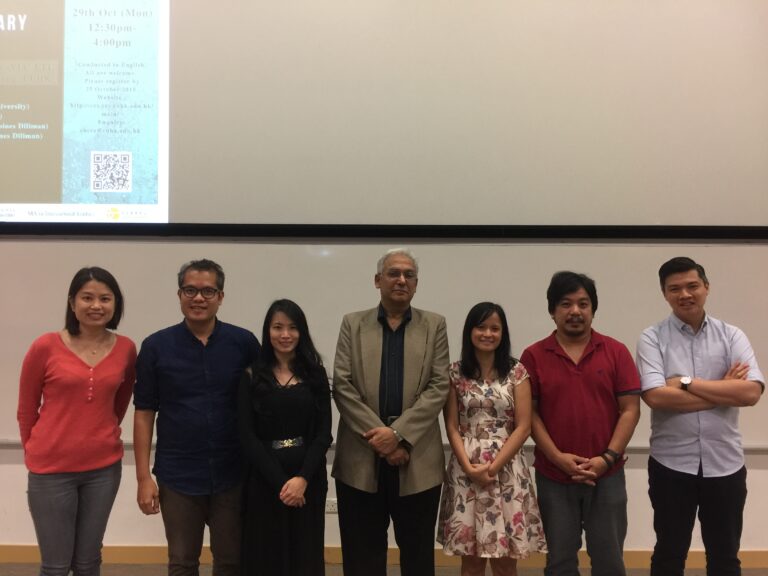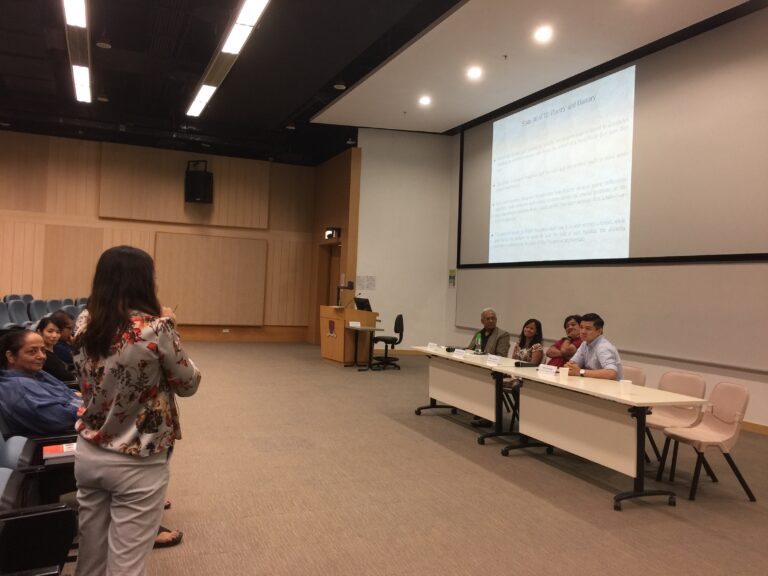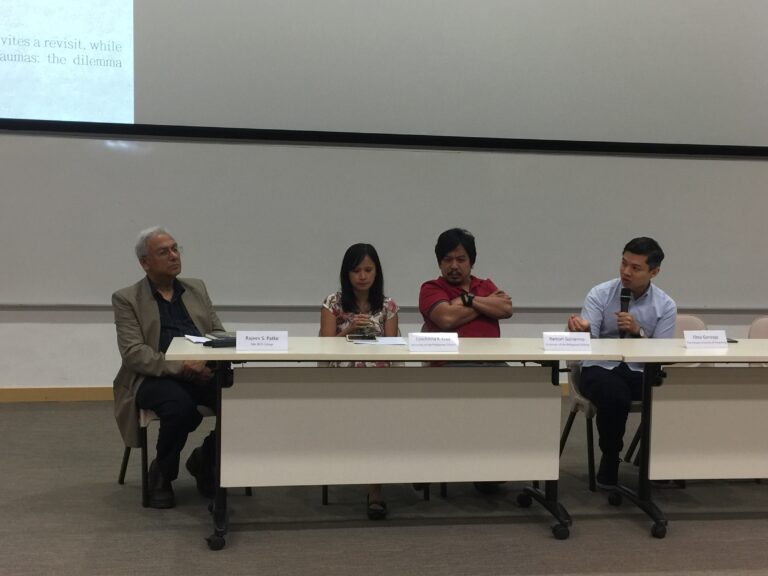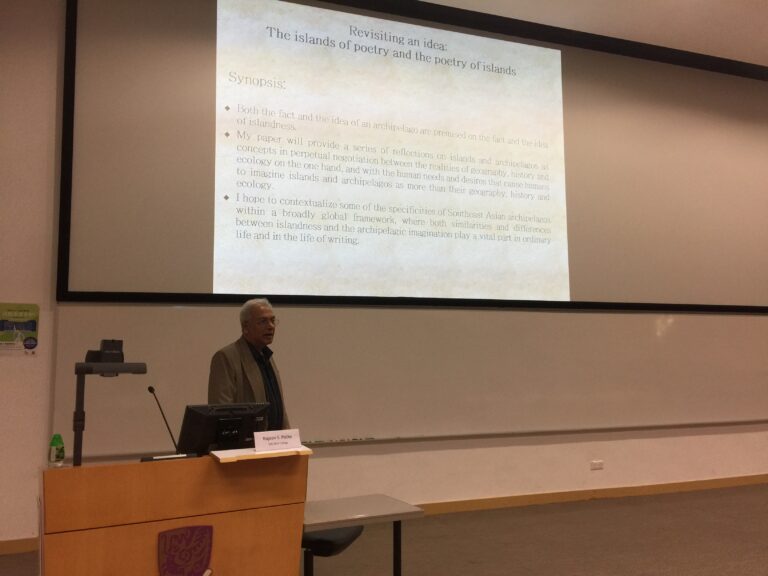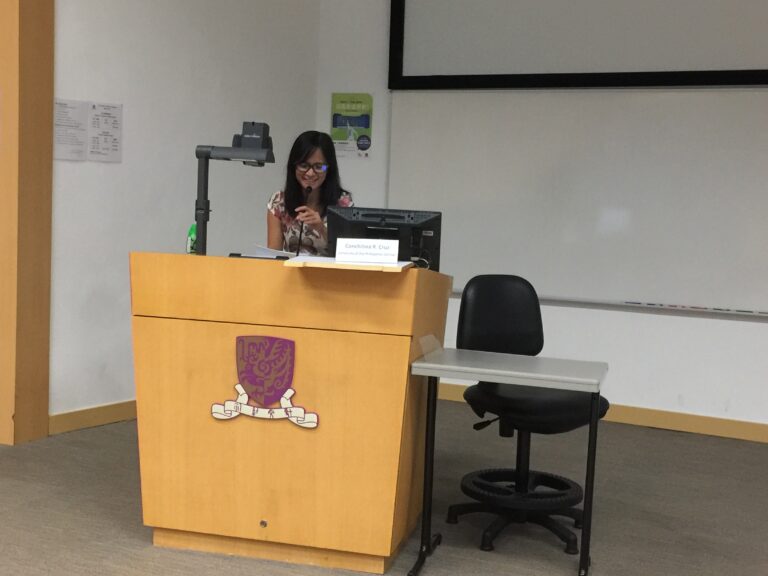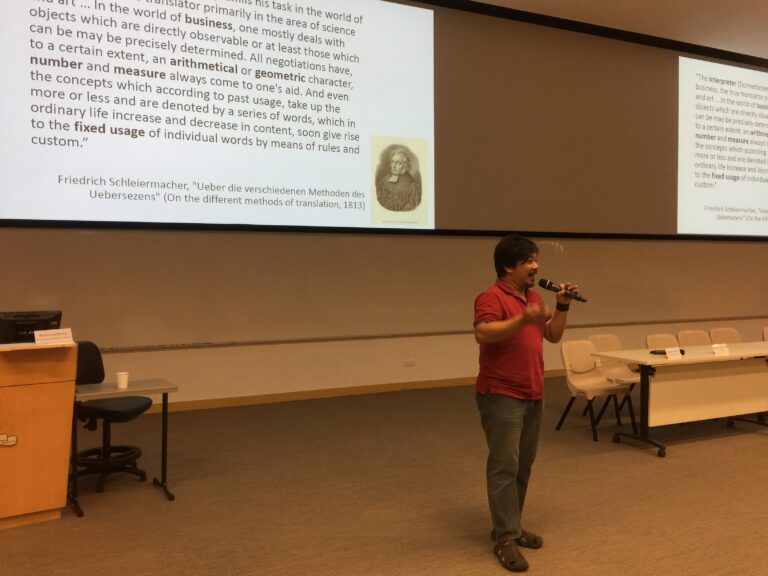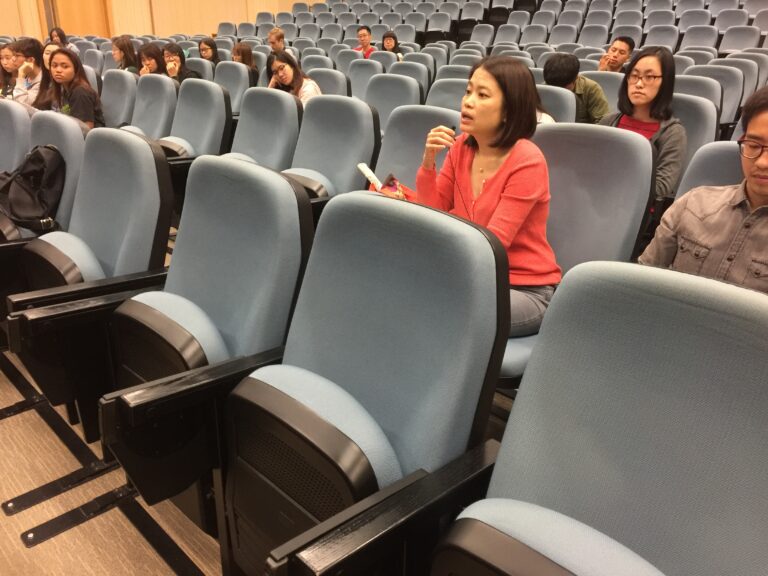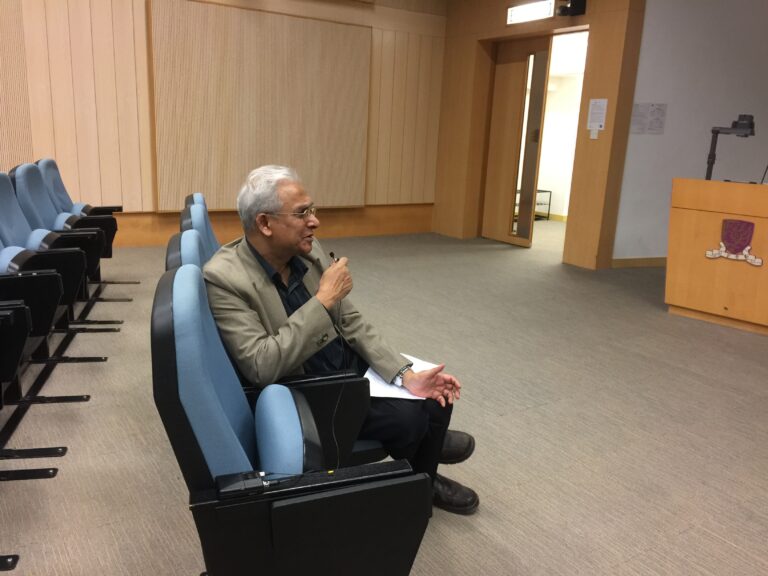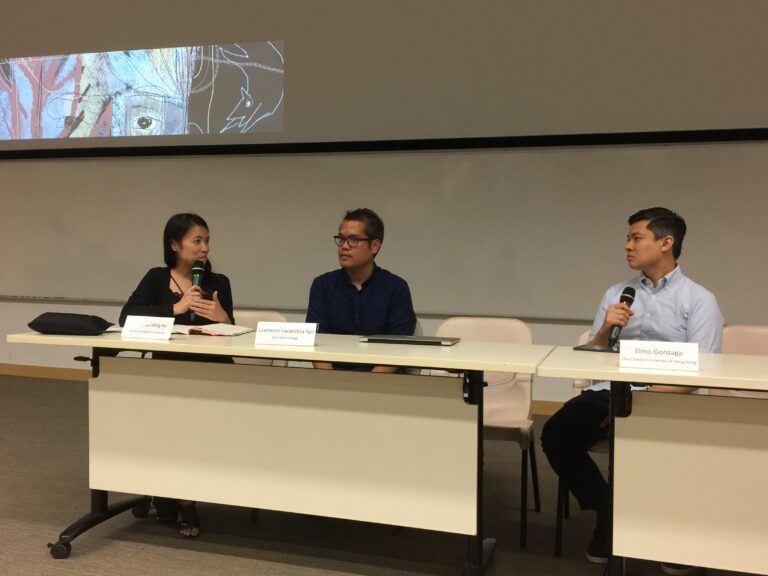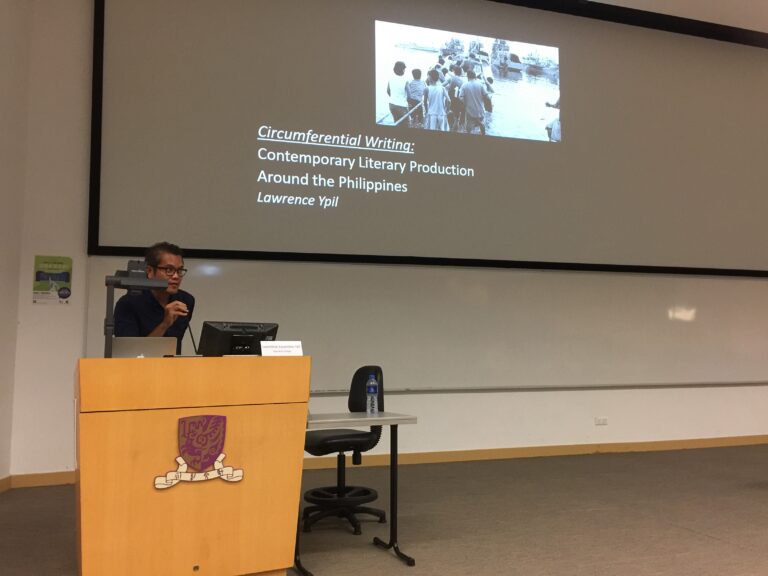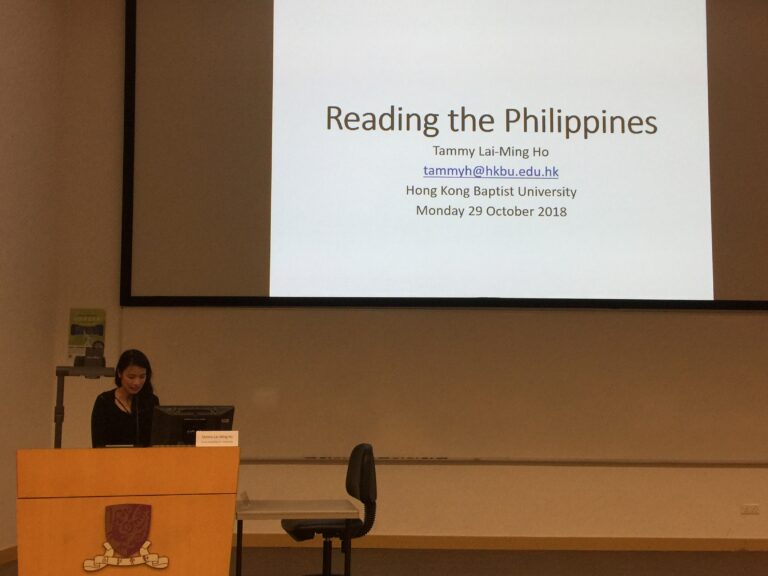Lawrence Lacambra Ypil, Yale-NUS College
ABSTRACT
Building on the recent issue of Cha Journal — Writing the Philippines (June 2018) where I served as the guest co-editor, this paper explores the question of borders in contemporary Philippine literature in English. It revisits selected texts from this special issue and examines how these suggest particular trends in contemporary Philippine writing, but more importantly reveals potential tensions in current literary production. The paper examines in particular the role of writing produced outside of established centers of literary production: both outside the Philippines, through the multiple diasporic Filipino writing communities, and within it, via the regional writing that comes from the Visayas and Mindanao. The paper attempts to trace the possibilities presented by this “circumferential” writing to redefine held notions of “Filipino writing”, and to suggest ways of extending its traditional canon.
BIO
Lawrence Lacambra Ypil is a poet and essayist from Cebu, Philippines. He received an MFA in Nonfiction Writing from the University of Iowa and an MFA in Poetry from Washington University in St Louis on a Fulbright Scholarship. His first book of poems, The Highest Hiding Place (2009) was given the Madrigal Gonzalez Best First Book Award. His upcoming book There received the inaugural Gaudy Boy Poetry Book Prize and will come out in Spring 2019. He teaches creative writing at Yale-NUS College in Singapore.

